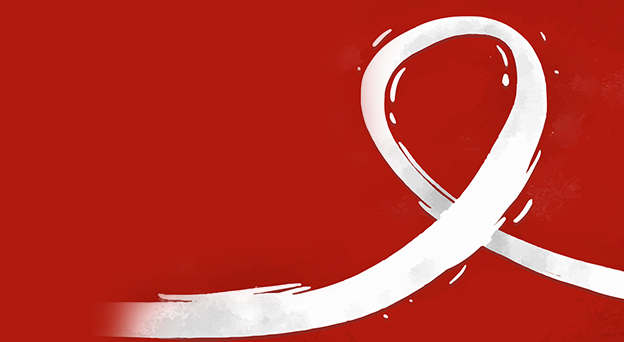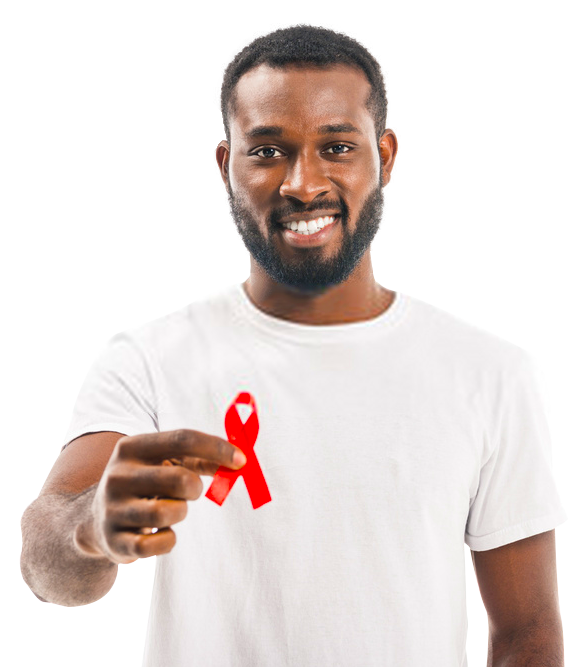Know your HIV/AIDS status
Know your HIV/AIDS status

The only way you can know for sure if you have HIV is to get tested.
Although the virus can cause symptoms, they're not a reliable way to tell if you're infected.

There are many reasons for wanting to get yourself checked out for HIV. The obvious one is that you’ve had sex – and now the afterglow has worn off you’re worried you may have got more than you bargained for. Or maybe you’re starting a new relationship, or have found out that you’re not your partner’s one and only. Or you shared an unsterilized needle or blade. Or you just got a tattoo in a shop in which you have doubts about the instruments.
The first step is taking an HIV/AIDS test. The test checks your blood for traces of HIV antibodies. If there are, then that means the virus is there. A blood test is the only way to be sure of your HIV status. Before you get tested, make sure you talk to a counselor – it’s your right! Know what to expect and think about how you will deal with the results.
Due to the ‘window period’, it is advised that you get tested every three to six months. Now, the window period is the time between when you get infected with HIV and when your body starts making antibodies to fight off the virus. So, if you get tested during this period, the result could come up as HIV negative (this is called a false negative) when you actually have the virus – that’s why you’ve got to be smart about this whole testing thing. Antibodies usually become detectable four to six weeks after infection. That’s why if you get tested within three months of having unprotected sex, you need to get tested again three months later to be extra sure.
Your One Stop Information HIV/AIDS related Disease
You can call Our emergency toll free line
